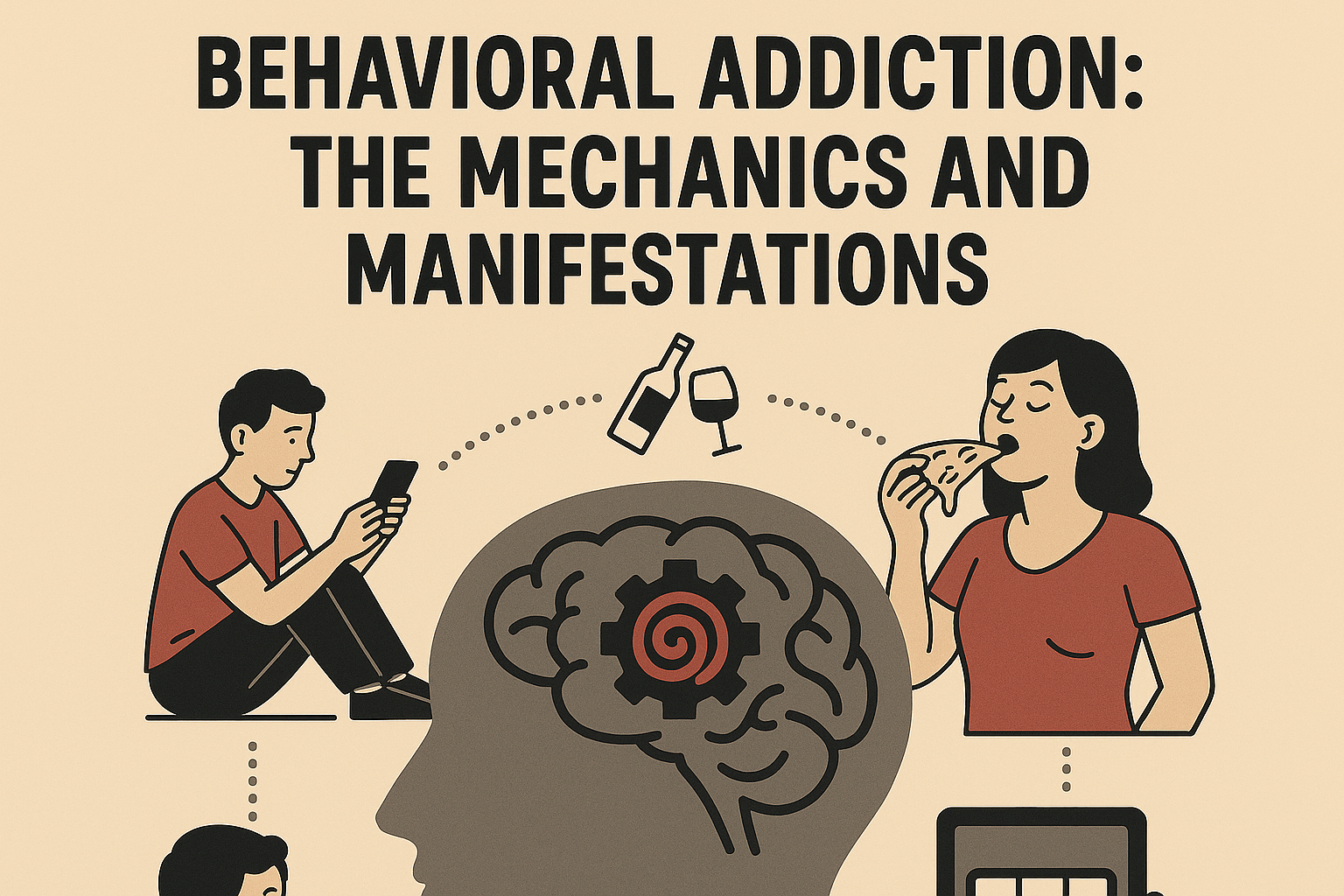The decision to stage an intervention for a loved one struggling with addiction or behavioral issues is undoubtedly fraught with emotion and uncertainty. The process is delicate, involving not just the individual in question but also a network of family and friends affected by the behavior. This blog explores the myriad considerations that come into play when planning an intervention, with the aim of providing a nuanced understanding of this challenging endeavor.
The Fine Line Between Support and Confrontation
An intervention is an emotionally charged event. It walks a fine line between support and confrontation, aiming to address the issue without alienating the individual. Understanding this balance is critical in determining the tone and approach of the intervention. A supportive, non-judgmental atmosphere is often most conducive to encouraging change, but finding this tone can be a delicate task.
Determining the Right Participants
Choosing who will participate in the intervention can significantly affect its outcome. Participants should be individuals who have a meaningful relationship with the person in question and are directly affected by their behavior. The mix of participants can influence the emotional climate, and it’s crucial to consider how these dynamics will play out during the intervention.
Professional Guidance: A Useful Asset
While it’s common to stage interventions without professional help, the input of an experienced interventionist or counselor can be invaluable. These professionals can guide the planning process, provide tips on effective communication, and even mediate during the intervention itself. Their expertise can often make the difference between a successful intervention and one that exacerbates tensions.
Choosing the Right Time and Setting
Timing and location are more than logistical considerations; they can impact the emotional weight and effectiveness of the intervention. Opting for a neutral, private setting can help minimize distractions and emotional triggers. The timing should be chosen carefully to ensure that the individual is sober and relatively unstressed, as this can make them more receptive to the conversation.
Preparation: The Foundation of Success
One of the common pitfalls in planning an intervention is lack of preparation. Participants should be well-versed in what they wish to communicate, and a clear structure should be outlined for the intervention itself. Often, participants will prepare individual letters or statements to read during the intervention, providing a scripted yet personal touch to the proceedings.
The Aftermath: Planning for Different Outcomes
An intervention can end in numerous ways, from full acceptance and willingness to seek help, to denial and outright rejection. Being prepared for multiple outcomes and having a plan for each can provide a sense of direction in the emotionally charged aftermath. Whether it’s researching treatment facilities in advance or knowing what boundaries will be set if the intervention is unsuccessful, preparation for the aftermath is a critical yet often overlooked component.
Conclusion
Planning an intervention is a complex task that requires a deep understanding of emotional dynamics, logistical considerations, and potential outcomes. While the process is undoubtedly challenging, thorough planning and consideration of these various factors can pave the way for a more effective and compassionate intervention. As more individuals and families find themselves facing the difficult decision to intervene in a loved one’s destructive behavior, a nuanced understanding of these considerations becomes ever more essential.





